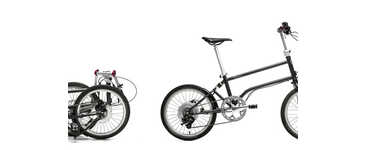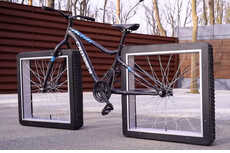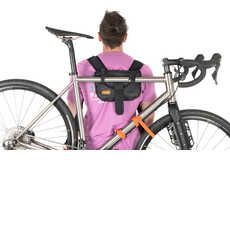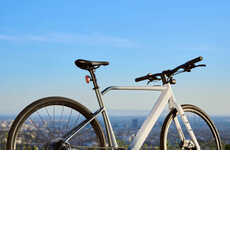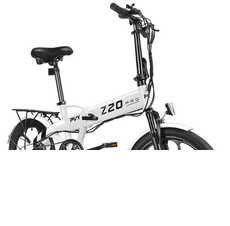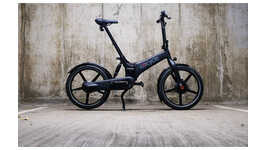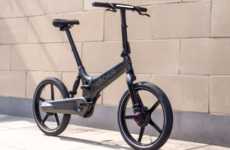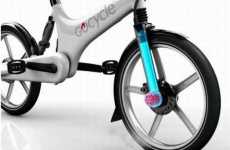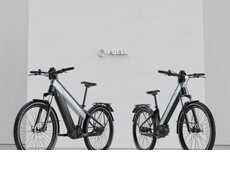
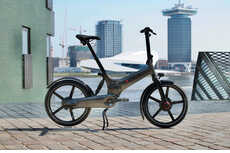
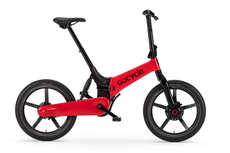

Transporation brands are creating e-bikes with automatic shifting for convenience
Trend - E-bike brands have begun incorporating automatic predictive shifting in bikes. These shifting systems function similarly to an automatic car, removing the need for the rider to change gears manually when accelerating or decelerating manually. This reduces the barrier to entry for e-bikes.
Insight - Consumers that are drawn to electric bicycles prioritize convenience, ease of use, and utility. These bikes offer greater performance than traditional bikes, being more capable of handling difficult terrain while being less physically demanding. The largest barriers to entry for e-bikes are high prices and overbearing features. Customers desire familiar experiences that improve on the convenience of riding a bike, rather than products that convolute the riding experience.
Insight - Consumers that are drawn to electric bicycles prioritize convenience, ease of use, and utility. These bikes offer greater performance than traditional bikes, being more capable of handling difficult terrain while being less physically demanding. The largest barriers to entry for e-bikes are high prices and overbearing features. Customers desire familiar experiences that improve on the convenience of riding a bike, rather than products that convolute the riding experience.
Workshop Question - How could your industries capitalize on new technologies to attract more convenience-motivated consumers?
Trend Themes
1. Automatic Predictive Shifting - E-bike brands are implementing automatic predictive shifting systems to simplify the riding experience for consumers.
2. Mid-drive Motors - Cycle manufacturers are equipping e-bikes with powerful and smart mid-drive motors that can shift gears automatically or manually based on riding conditions.
3. Long-range Batteries - E-bike manufacturers are providing options for extended battery life to accommodate various riding needs and encourage greater adoption of these products.
Industry Implications
1. Transportation - Companies that aim to reduce carbon footprint and provide alternative forms of transportation can leverage e-bikes to deliver goods or provide ride-sharing services with a more convenient and efficient experience.
2. Consumer Electronics - Electronics manufacturers that integrate solutions for smart homes and connected devices can leverage e-bikes to incorporate predictive systems and linked mobile apps for seamless user experiences.
3. Leisure and Fitness - Fitness and outdoor retail companies can capitalize on e-bikes that provide more accessibility to different terrains for various levels of riders, prompting stakeholders to re-frame cycling as an leisure activity.
4 Featured, 15 Examples:
49,500 Total Clicks
Date Range:
Apr 23 — Apr 23
Trending:
Hot
Consumer Insight Topics:

